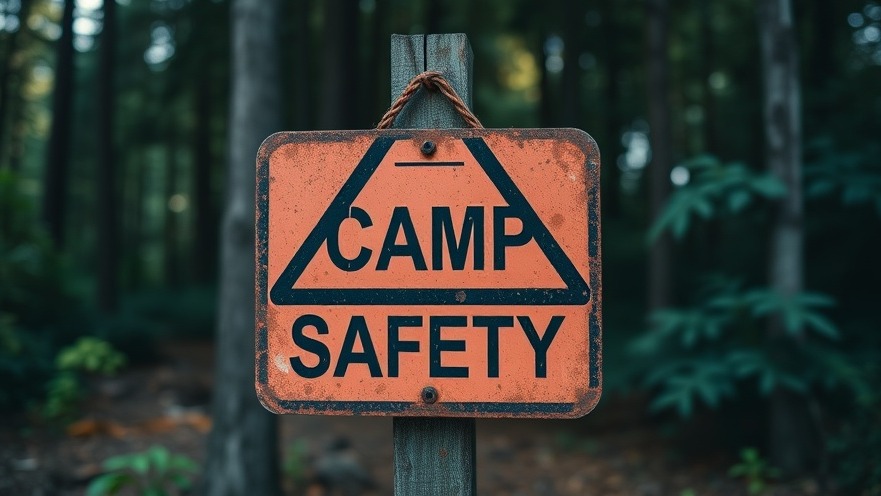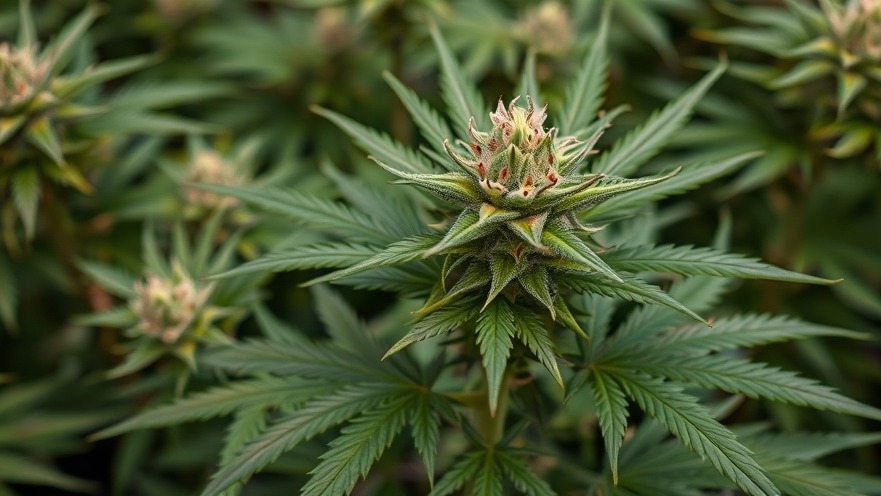
Outcry Over Blondie's Tragic End: A Lesson in Conservation Ethics
The recent killing of a collared lion in Zimbabwe, known as Blondie, has reignited fierce debates surrounding trophy hunting, conservation ethics, and animal rights. This incident remarkably mirrors the global outrage that surrounded the death of Cecil the Lion nearly a decade ago, illustrating how interconnected our perceptions of wildlife and hunting can be. Blondie was not just any lion; he was a part of an Oxford University study and wore a research collar sponsored by Africa Geographic—a significant emblem of conservation efforts in the region.
The Circumstances of Blondie's Death
In June, Blondie was lured out of a protected area of Hwange National Park when a hunter used bait to draw him into a hunting zone. This tragic act has led conservationists and animal rights activists to express their disappointment and anger, asserting that Blondie was a breeding male in his prime and should have been spared from the hunting grounds. Despite the legalities surrounding the hunt—the hunter possessed all necessary permits as stipulated by Zimbabwe's laws—the moral implications of hunting such a prominent animal remain difficult to justify.
The Historical Context of Trophy Hunting in Africa
Trophy hunting is a historical practice that has been justified through its claims of funding conservation initiatives. While some argue that managed hunts are essential for financial support of wildlife reserves, others contend that they disrupt ecological balance and pose serious ethical questions. Countries like Kenya have completely banned this practice, while Zimbabwe and South Africa still permit it. This inconsistency reflects a profound division among conservationists and highlights ongoing debates about the future of wildlife management across the continent.
Understanding the Arguments: Conservation vs. Trophy Hunting
Proponents of trophy hunting argue that a well-regulated hunting program can generate significant revenue for local communities and contribute to conservation strategies. Tinashe Farawo, a spokesperson for Zimbabwe’s parks agency, has defended the practice, citing crucial funding that hunting provides to support underfunded conservation efforts. However, this rationale is vehemently contested by animal rights activists who view the killing of collared and otherwise recognizable animals as a failure of ethical hunting standards.
Community Reactions: A Global Response
The international response to Blondie's death has sparked a chain reaction among communities opposed to hunting. Memorable campaigns have emerged, rallying people to advocate for stricter laws against trophy hunting. With emotional stories that resonate deeply with public sentiments, social media campaigns urge for permanent bans on such practices. Local community members and international celebrities alike lend their voices to those hoping to see a shift towards a more compassionate and ethical approach to wildlife management.
Future Predictions: The Path Ahead for Conservation
As public awareness of trophy hunting continues to grow, we can predict that countries allowing such practices will face increased scrutiny from the global community. The resurgence of outrage can potentially lead to changes in legislation and conservation policies. Expect to see a heightened emphasis on alternatives to hunting, such as eco-tourism, which promises to deliver economic benefits without the ethical dilemmas associated with killing animals for sport.
A Call to Action: Rethinking Our Role in Wildlife Conservation
As individuals passionate about wildlife conservation, we must reflect on our role in supporting ethical practices and advocating for change. Each of us can contribute by educating ourselves and others, supporting organizations dedicated to wildlife protection, and demanding accountability from governments and corporations in their conservation practices.
In conclusion, the tragic loss of Blondie symbolizes not just the perils of trophy hunting but emphasizes the need for a concerted effort towards promoting ethical conservation practices. The decisions we make as a global community today will shape the future of wildlife preservation for generations to come.
 Add Element
Add Element  Add Row
Add Row 



Write A Comment